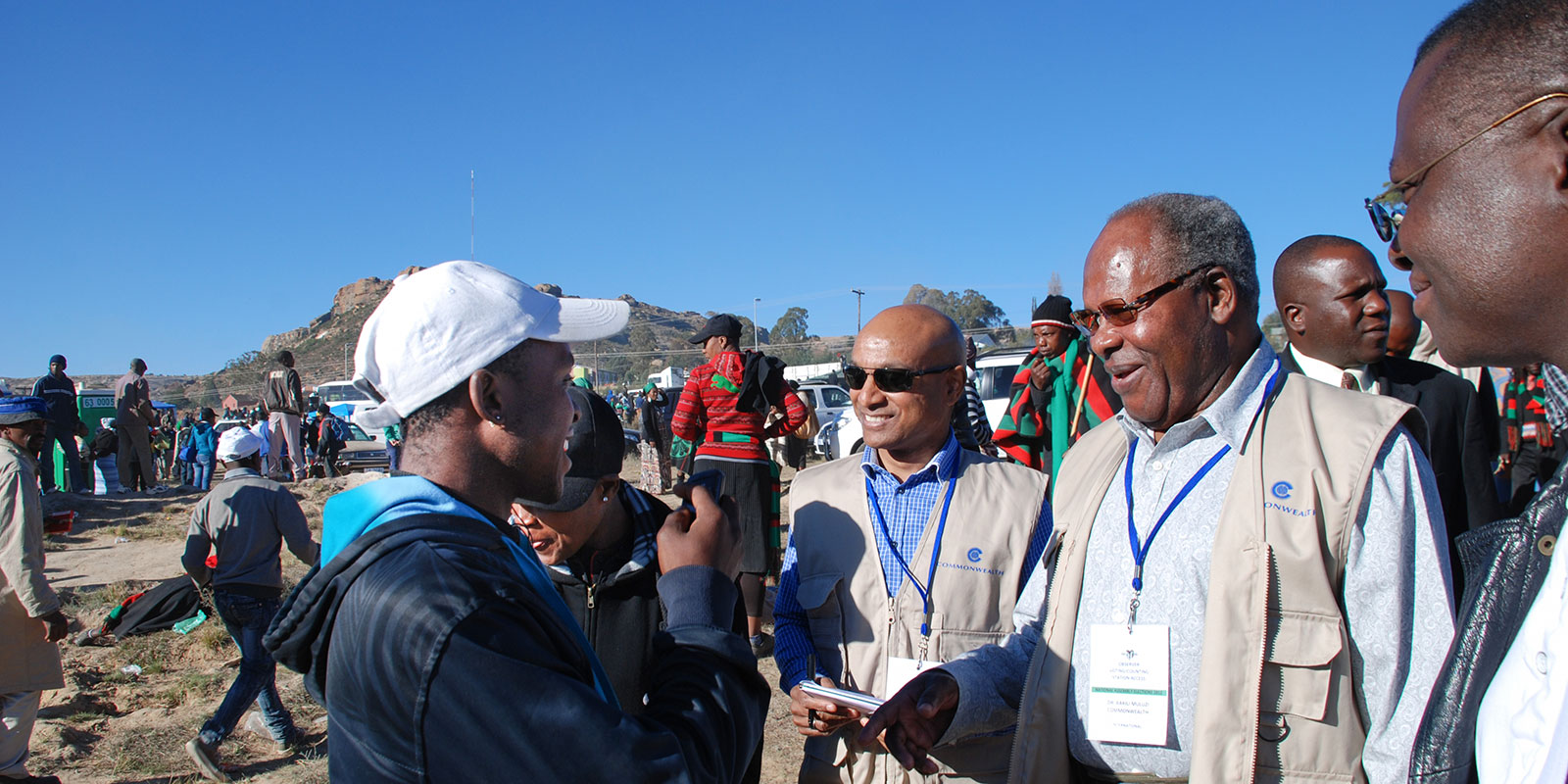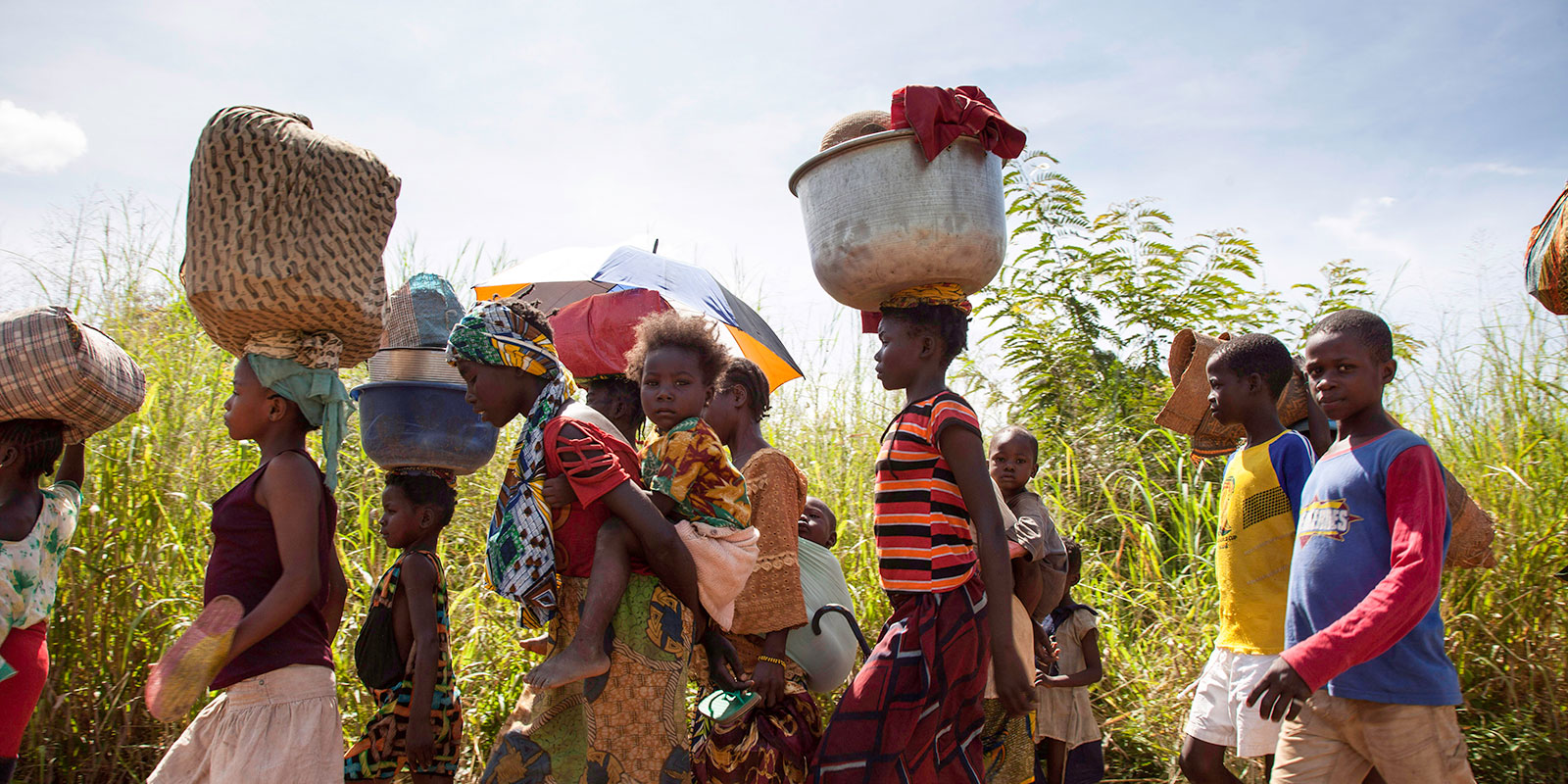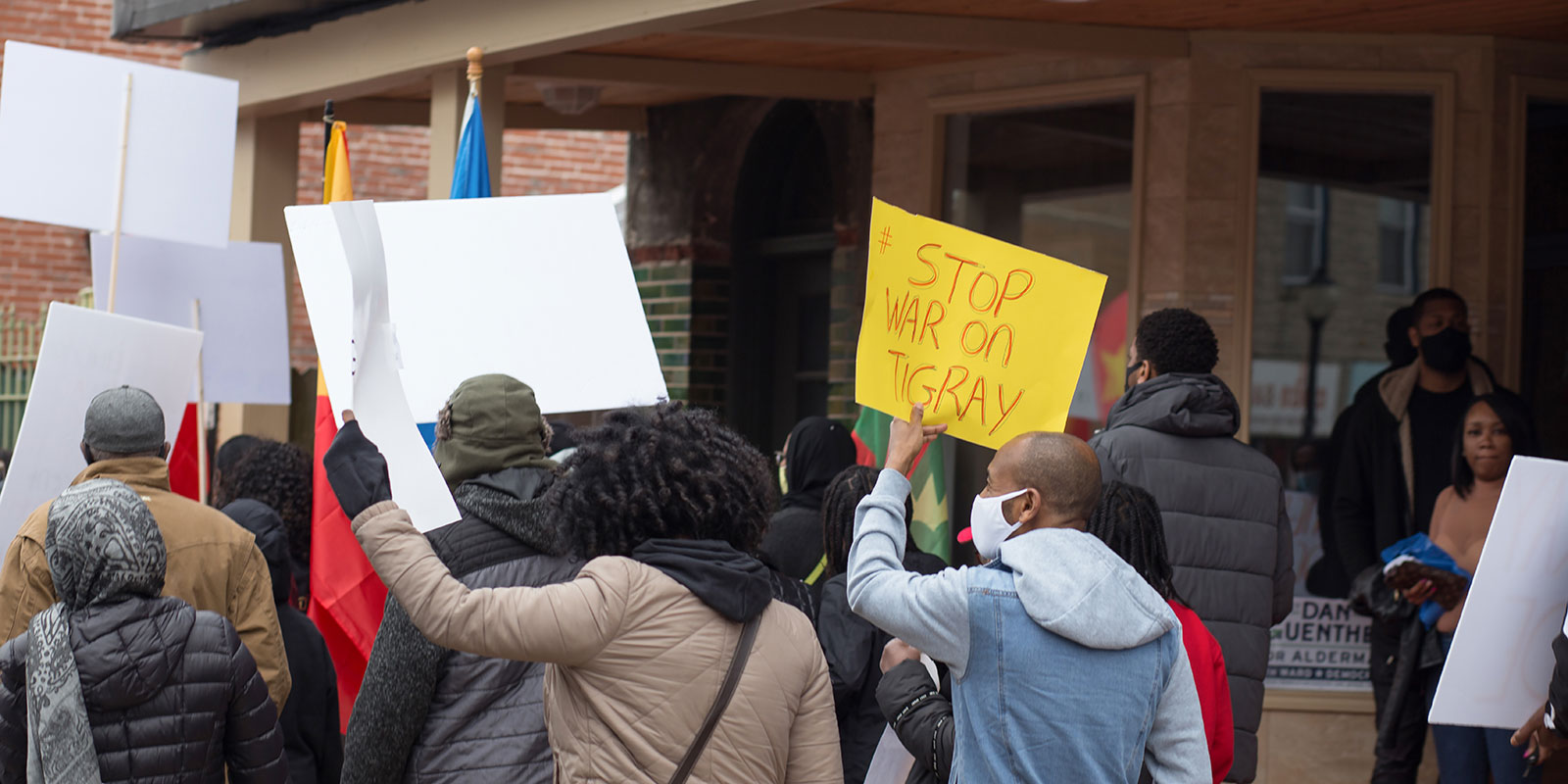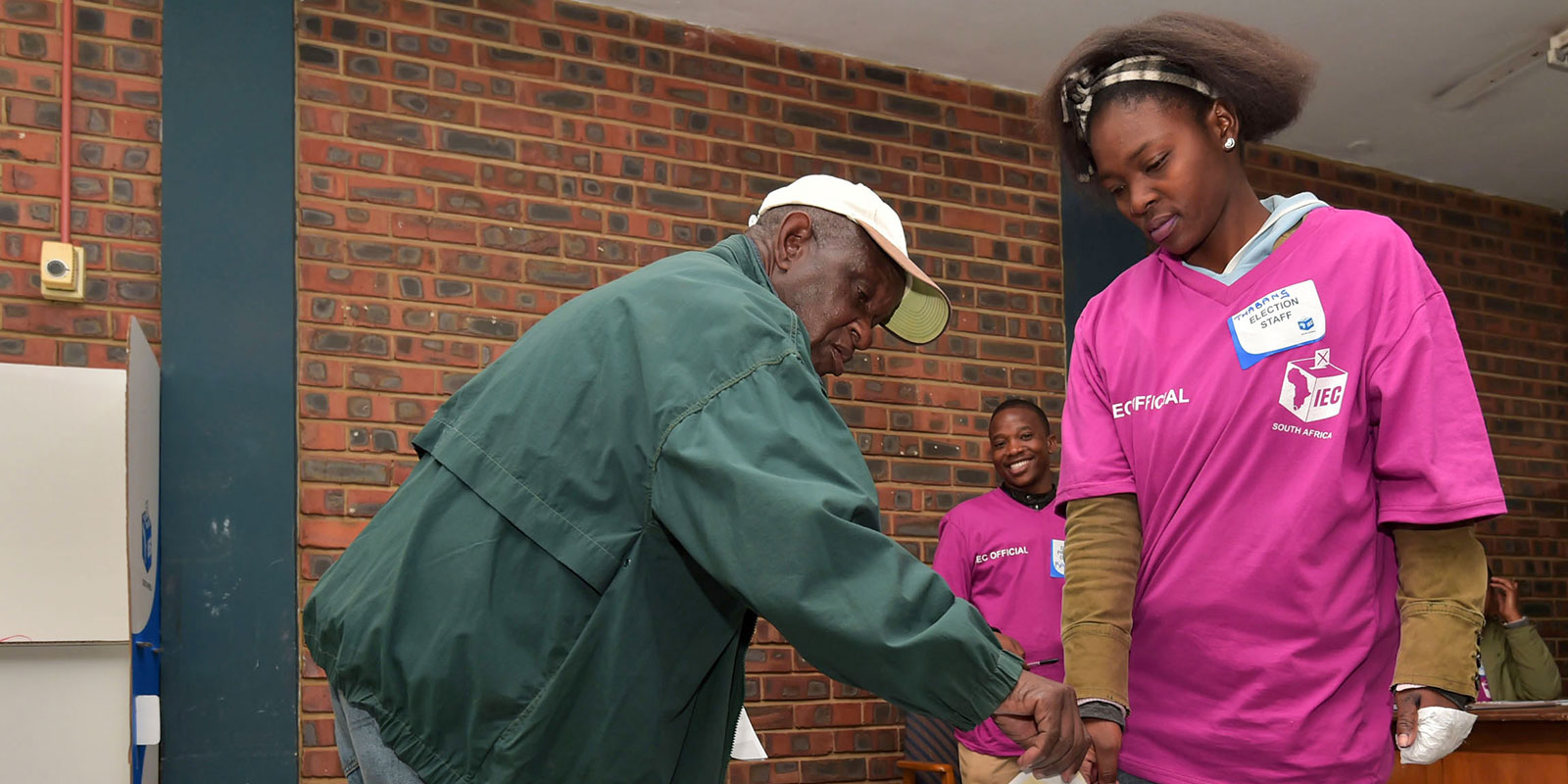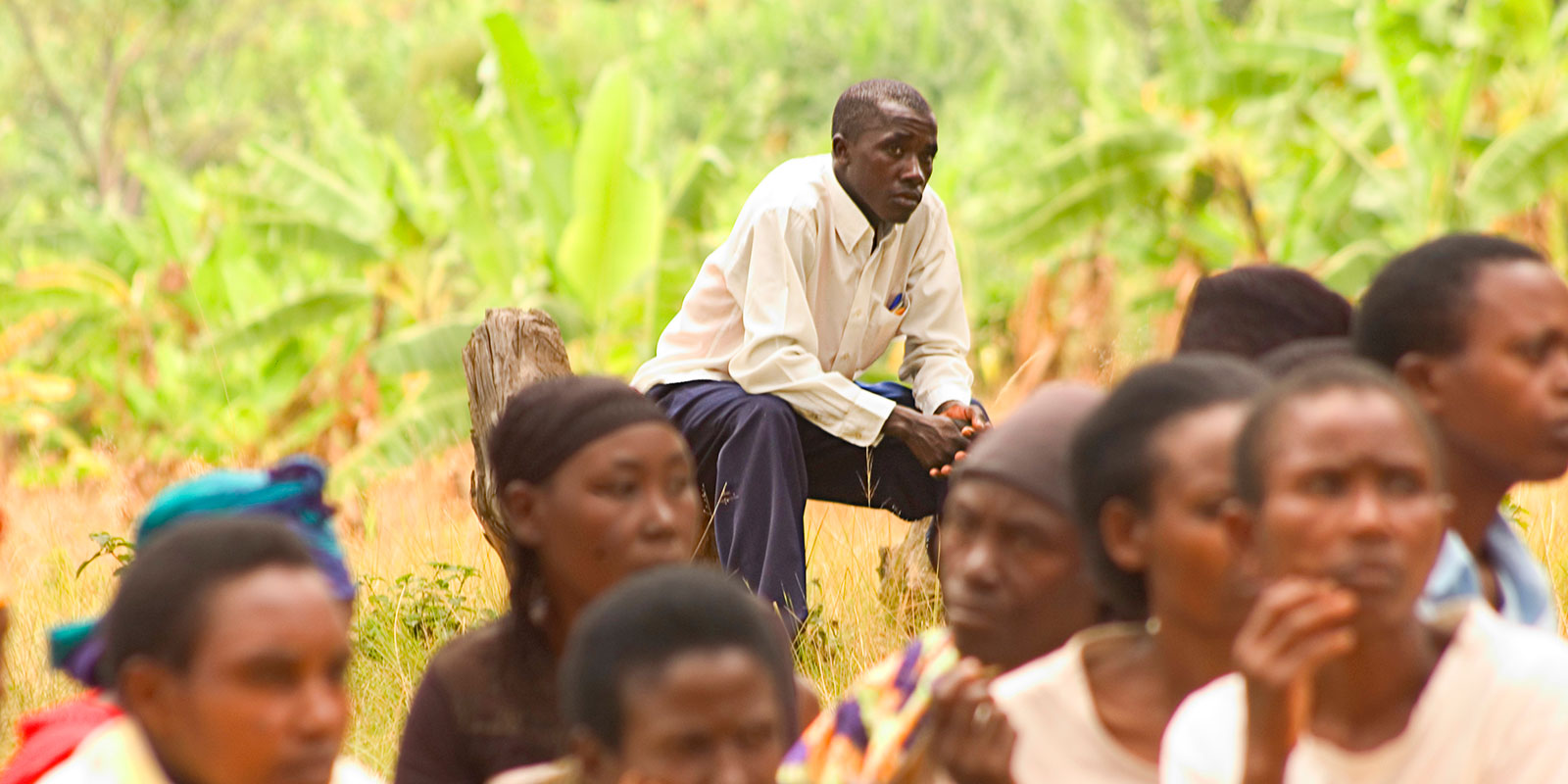We begin this month’s Monitor with a piece from Ambassador Gilberto Da Piedade Verissmo, the President of the Commission of the Economic Community of Central African States (ECCAS). His piece focuses on the flow of refugees caused by persistent instability in the Central Africa region. Ambassador Verissmo discusses the legal frameworks that deal with the plight of refugees and Internally Displaced People (IDPs) and the efforts that states and ECCAS are putting place to assist displaced people.
We then move across to Ethiopia, where Patrick Wight discusses the ongoing conflict in Ethiopia and the prospects for peace in the state. His article covers both the conflict between the federal government and the Tigray People’s Liberation Front (TPLF) and the federal government’s ongoing clashes with the Oromo Liberation Army (OLA), and the obstacles that exist in any peace negotiations.
Our final two pieces focus on Southern Africa. The first piece, from Hoolo ‘Nyane, Head of the Public and Environmental Law Department at the University of Limpopo, discusses the lessons in electoral reform that South Africa and Eswatini can learn from Lesotho. As both South Africa and Eswatini face challenges to their electoral systems, Lesotho’s experience may be helpful in guiding South Africa and Eswatini’s future actions.
Our final monitor piece, is from Adam Joshua Randera, who is a programme officer at ACCORD. Adam writes about the local structures for justice that exist in South Africa and the role that they play in resolving conflict and carrying out justice in local South African societies.

